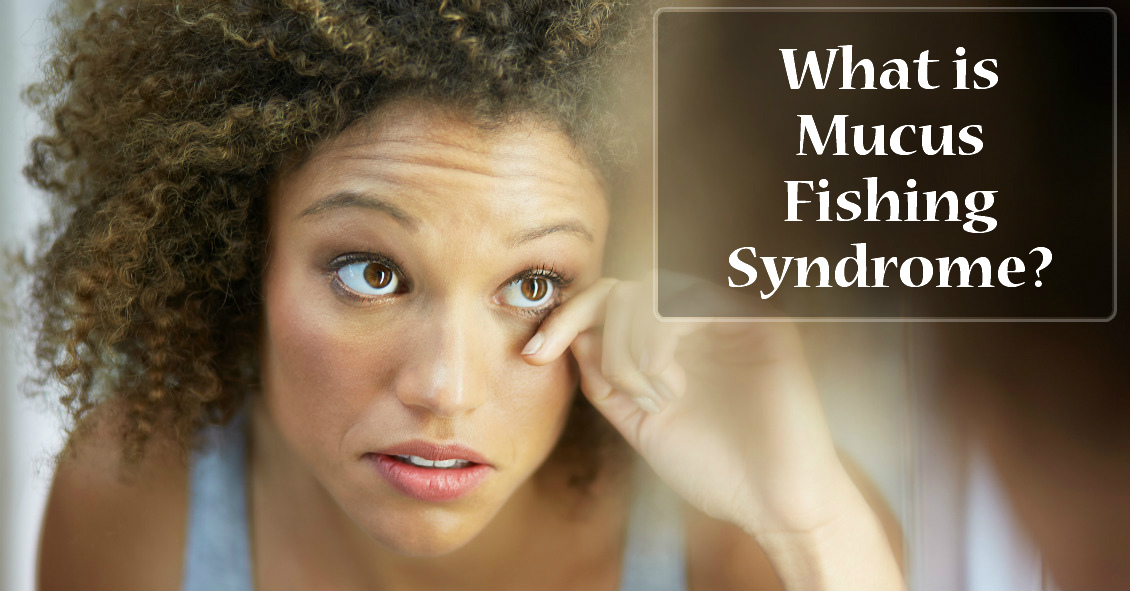
The tears that coat the surface of your eyes have both a liquid and a mucous layer to them. It is normal to have a very thin amount of mucus in your tear film. But that mucus can significantly increase when the eye gets irritated.
Some of the most common causes of irritation that can make the eye overproduce mucus are:
- Conjunctivitis, which could be caused by an allergy, bacteria or virus
- Blepharitis, which is an inflammation of the eyelids
- Dry Eye
When any of these conditions occur, the eye will begin to make more mucus.
Sometimes the mucous production really is excessive and there is a temptation to keep pulling it out with either your fingers or a cotton swab. Don’t do it; it just leads to recurring irritation and problems.
Any mucus that gets deposited OUTSIDE the eye on the outer eyelid or on the lashes is fair game for removal. In fact, anything on the exterior of the eyelid or stuck to the eyelashes should be cleaned off. Just don’t reach INSIDE the eyelids.
Every time you go in there to pull out mucus, your finger or a cotton swab further irritates the eye and causes it to make more mucus and you end up with the viscious cycle that we call mucus fishing syndrome.
If you have an acute problem that is causing excessive mucus, you need to try and get the underlying problems treated and under control. That means treating the allergy, blepharitis, infectious conjunctivitis, or Dry Eye.
In addition, you need to STOP putting your fingers in your eye and pulling the mucus out. Sit on your hands if you have to but you have to stop or it is never going to get better.
If you are through treatment for the original problem but still find yourself pulling mucus out of your eye you may need your doctor to try a steroid drop in order to decrease the production and try to help you get out of the habit of putting your fingers in your eyes.
Article contributed by Dr. Brian Wnorowski, M.D.

